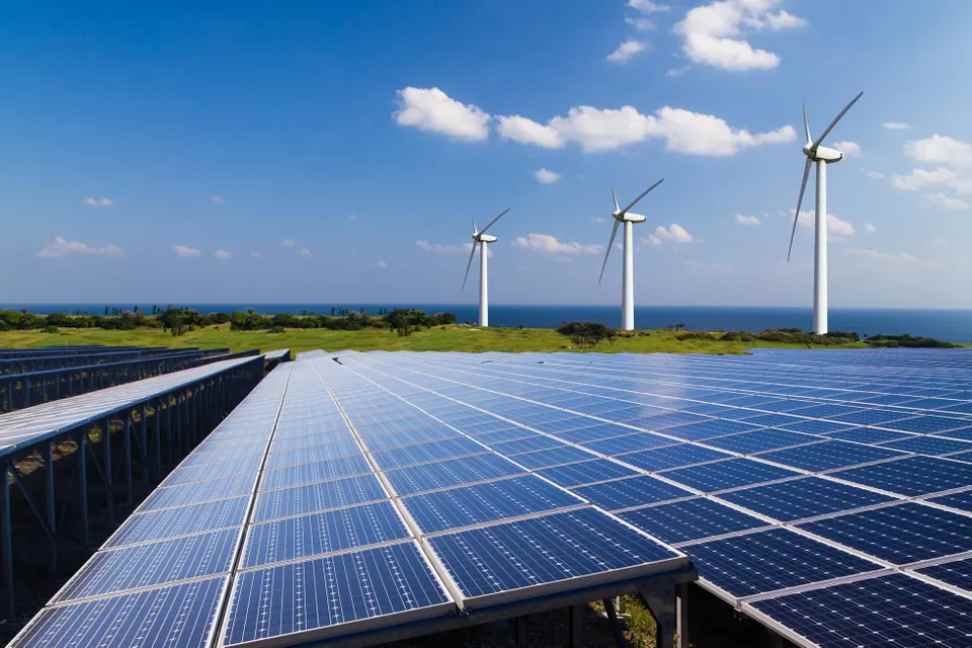Diamondexch9, Diamondexch9 Login, 11xplay Reddy Login: Investing in renewable energy offers a range of economic benefits, thereby driving increased interest from investors globally. The declining costs of renewable technologies, such as solar and wind power, make these investments more financially viable. Additionally, governments around the world are implementing supportive policies and incentives, such as tax credits and feed-in tariffs, to encourage the transition towards clean energy sources.
The growing awareness of climate change and the need to reduce greenhouse gas emissions is another major factor propelling investment in renewable energy. Businesses and consumers alike are placing a higher value on sustainability and environmentally friendly practices. As a result, companies that prioritize renewable energy in their operations are seen as more attractive to socially conscious investors and consumers, further boosting the appeal of investing in renewables.
Challenges and Risks Associated with Renewable Energy Investments
Investing in renewable energy projects poses several challenges and risks that investors need to carefully consider. One major challenge is the fluctuating nature of renewable energy sources, such as solar and wind power, which can be affected by weather conditions and other external factors. This variability can lead to uncertainty in energy production levels and, consequently, in the financial returns on investments.
Another risk associated with renewable energy investments is the regulatory environment. Government policies and regulations can significantly impact the profitability and feasibility of renewable energy projects. Changes in legislation, incentives, or subsidies can either promote or hinder the growth of renewable energy, affecting the overall attractiveness of investments in this sector. It is crucial for investors to stay informed about regulatory developments and assess the potential risks and impacts on their investment portfolios.
� Fluctuating nature of renewable energy sources
� Uncertainty in energy production levels
� Impact on financial returns
� Regulatory environment
� Government policies and regulations
� Changes in legislation, incentives, or subsidies
� Impact on profitability and feasibility of projects
What are the key factors driving investment in renewable energy?
The key factors driving investment in renewable energy include government incentives and policies, increasing public awareness of environmental issues, advancements in technology leading to lower costs, and the potential for long-term financial returns.
What are some of the challenges associated with renewable energy investments?
11xplay, 11x Play, Mazaplay: Some of the challenges associated with renewable energy investments include high upfront costs, regulatory uncertainty, intermittency of renewable energy sources, and the need for new infrastructure to support renewable energy generation and distribution.
What risks should investors consider when investing in renewable energy?
Investors should consider risks such as changes in government policies and regulations, fluctuations in energy prices, technological advancements that could render current investments obsolete, and the potential for project delays or failures.
How can investors mitigate risks associated with renewable energy investments?
Investors can mitigate risks by diversifying their investment portfolio, conducting thorough due diligence on potential projects, staying informed about market trends and policy changes, and working with experienced advisors and developers in the renewable energy sector.


